Jamie Dettmer is opinion editor and a foreign affairs columnist at POLITICO Europe.
Ukrainian officials are displaying a newfound confidence — and it’s all thanks to U.S. President Donald Trump.
Despite Russia’s pummeling airstrikes targeting the country’s energy system, the conviction that the end may finally be in sight is slowly spreading in Kyiv. Hopes in the capital are that by spring or summer, Russian President Vladimir Putin will be serious about negotiating, with talks of an end to the war sometime next year.
In a recent closed-door parliamentary session with lawmakers from his Servant of the People party, Ukrainian President Volodymyr Zelenskyy hazarded Russia’s current heave in the country’s east may well be its final big land offensive in the conflict, according to those in attendance. Of course, the country will still have to endure another harsh winter, but Zelenskyy told them he expects there will be a real possibility of a truce — although, he noted, it won’t be easy.
For that to happen, Russia needs to be hit with more economic and military pressure, so Putin understands the only logical outcome is to negotiate, and that prolonging the conflict will lead to no other advantages for him and will just bleed Russia. Thankfully, fresh off successfully brokering a ceasefire in Gaza, Trump seems determined to bring the war in Ukraine to a halt and add another notch in his belt to brandish at the Nobel Peace Prize judges.
This is what a high-level Ukrainian delegation, including Zelenskyy’s powerful Chief of Staff Andriy Yermak and Prime Minister Yulia Svyrydenko, has been discussing with U.S. counterparts in Washington this week: How to leverage Putin into stopping his war, and how to help Ukraine endure Russia’s airstrikes this winter.
And with Zelenskyy set to be in the White House on Friday for yet another face-to-face meeting with Trump, this time, they feel the tide might be turning in their favor.
In his hour-long address in the Knesset on Monday, the U.S. president made clear his intention is to focus his efforts on ending the war between Ukraine and Russia: “It would be great if we could make a peace deal with [Iran] … First, we have to get Russia done,” he told Israeli lawmakers. For the man who once blamed Zelenskyy for the conflict, it seems this is now Putin’s war. Last month, Trump actually dubbed Russia the “aggressor.”
It is this kind of talk that’s firing up Kyiv, and Zelenskyy didn’t miss a beat in responding: “We are working so that the day of peace comes for Ukraine as well. Russian aggression remains the last global source of destabilization, and if a ceasefire and peace have been achieved for the Middle East, the leadership and determination of global actors can certainly work for us, too,” he posted on social media.
But Ukraine’s cautious confidence predates Trump’s Knesset speech.
Slowly but surely, Trump and Zelenskyy have become aligned — more than anyone could have forecast back in February after their tempestuous Oval Office brawl, which was widely seen as an ambush. “You’re not in a good position. You don’t have the cards right now,” Trump had bellowed at Zelenskyy.
Nor did things look good in August, when Trump greeted Putin on the tarmac of a Cold War-era air force base outside Anchorage, Alaska, for a summit that had Ukrainian and European leaders on the edge of their seats. They, along with the rest of the world, watched as Trump applauded the Russian ruler, had an animated but clearly friendly conversation on the red carpet, and invited a smirking Putin into the U.S. president’s official car to share a ride to the summit venue.
To be sure, Putin had much to smile about: He had managed to secure the summit meeting despite being a wanted man for war crimes and was greeted on U.S. soil as a friend — not the leader of a pariah state that had invaded a sovereign European nation — all without agreeing to any major concessions or a ceasefire beforehand. He left Anchorage without committing to a truce either, despite Trump saying his Russian counterpart was keen to save thousands of lives during their joint press conference.
 With Zelenskyy set to be in the White House on Friday for yet another face-to-face meeting with Trump, this time, they feel the tide might be turning in their favor. | Photo by the Office of the President of Ukraine via Getty Images
With Zelenskyy set to be in the White House on Friday for yet another face-to-face meeting with Trump, this time, they feel the tide might be turning in their favor. | Photo by the Office of the President of Ukraine via Getty ImagesSince then, Putin hasn’t shown any solicitude for human life, and the continued strikes on civilian targets in Ukraine have contributed greatly to where Trump is now, explained one Republican foreign-policy insider, talking to POLITICO on condition of anonymity in order to speak freely. “Trump needed time to understand who Putin really is.”
Plus, the media coverage calling the Alaska summit a “Putin triumph” infuriated Trump, the insider said. The Russian president, who appears convinced he just has to wait out the West, overplayed his hand by giving Trump nothing in Anchorage — or since, for that matter.
Meanwhile, European leaders who Trump likes have continued their efforts to repair the damage the Oval Office bust-up wrought. The Republican insider lists British Prime Minister Keir Starmer, Finnish President Alexander Stubb and NATO Secretary-General Mark Rutte as key players here, as well as Starmer’s National Security Adviser Jonathan Powell. He also said a winning card in the lobbying was Britain’s King Charles “telling Trump that Ukraine is great, and that has really changed Trump’s view of Ukraine.”
But the insider also credits Zelenskyy for working hard on his relationship with Trump, and being careful with his language. “You have to understand that since the war began, Zelenskyy and Yermak had been used to being treated as rock stars, as global celebrities, and then Trump enters and says: ‘there’s only room for one diva here — me.’ That’s why we had the Oval Office blow-up,” he said.
And proof of that has come in the form of increasingly friendly meetings with Trump, the most cordial of which took place on the sidelines of the United Nations General Assembly last month, with Trump praising the Ukrainian leader as a “brave man.”
“We have great respect for the fight that Ukraine is putting up,” he said. “It’s pretty amazing, actually.”
 In his hour-long address in the Knesset on Monday, the U.S. president made clear his intention is to focus his efforts on ending the war between Ukraine and Russia. | Chip Somodevilla/Getty Images
In his hour-long address in the Knesset on Monday, the U.S. president made clear his intention is to focus his efforts on ending the war between Ukraine and Russia. | Chip Somodevilla/Getty ImagesIt was after that meeting that Trump surprised even Zelenskyy himself with the head-spinning comment that Ukraine might be able to reclaim all the territory it has lost to Russia. It also surprised some of Trump’s aides — after all, the U.S. had made clear Ukraine would have to give up land in return for peace only the previous month.
There have been other factors shaping Trump’s shift too, and according to another Republican foreign policy adviser who asked to remain anonymous to freely discuss sensitive matters, these include China hosting Putin and North Korean leader Kim Jong Un last month. “Please give my warmest regards to Vladimir Putin, and Kim Jong Un, as you conspire against the United States of America,” Trump scathingly posted on his Truth Social platform.
“The best way to get back at Putin is to praise Zelenskyy — that’s how Trump sees it,” the adviser said. And going even further, ramp up U.S. support for Ukraine.
To that end, Washington has recently increased its intelligence-sharing with Ukrainian forces to assist in long-range attacks on energy targets deep inside Russia, bringing the consequences of the war home to ordinary citizens. Meanwhile, talk of supplying Ukraine with Tomahawk Cruise missiles is meant to scare the Kremlin — although the risk of escalation will likely deter Trump from going that far.
Overall, the cards have certainly started to flutter into Zelenskyy’s hands. Ukrainian officials and their supporters in the U.S. hope they’ll continue to do so — although they concede that with Trump, nothing can be taken for granted. How will he respond if Putin remains obdurate, as signs are that he will?
Still, for all his unpredictability, they’re happier with this Trump than the one in February.

.jpeg)
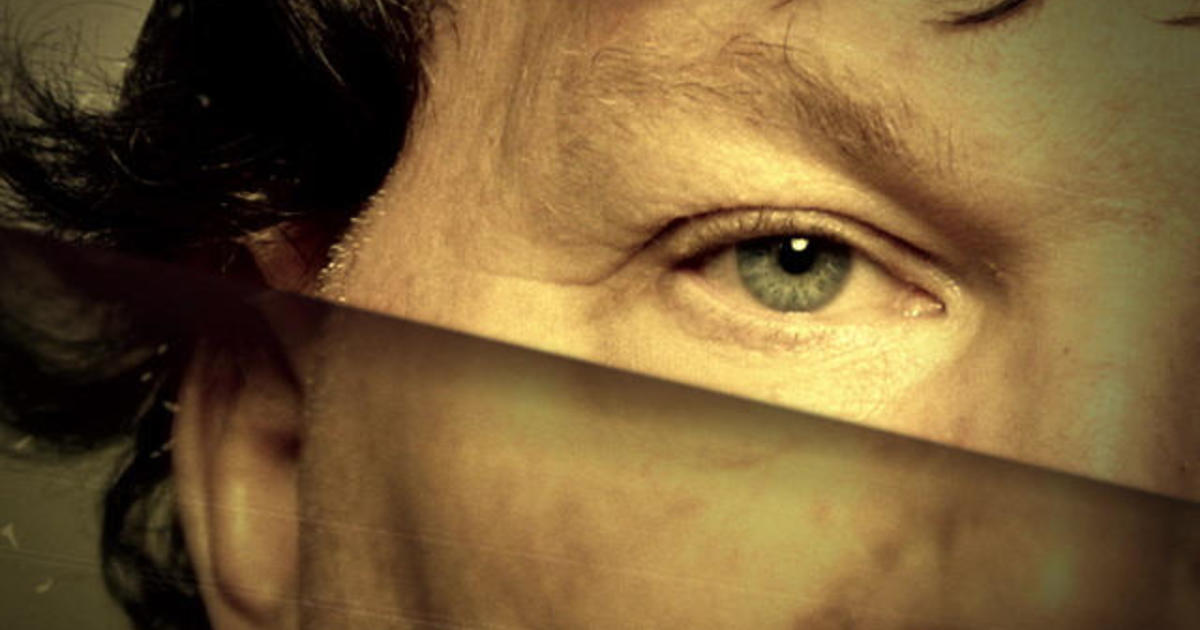
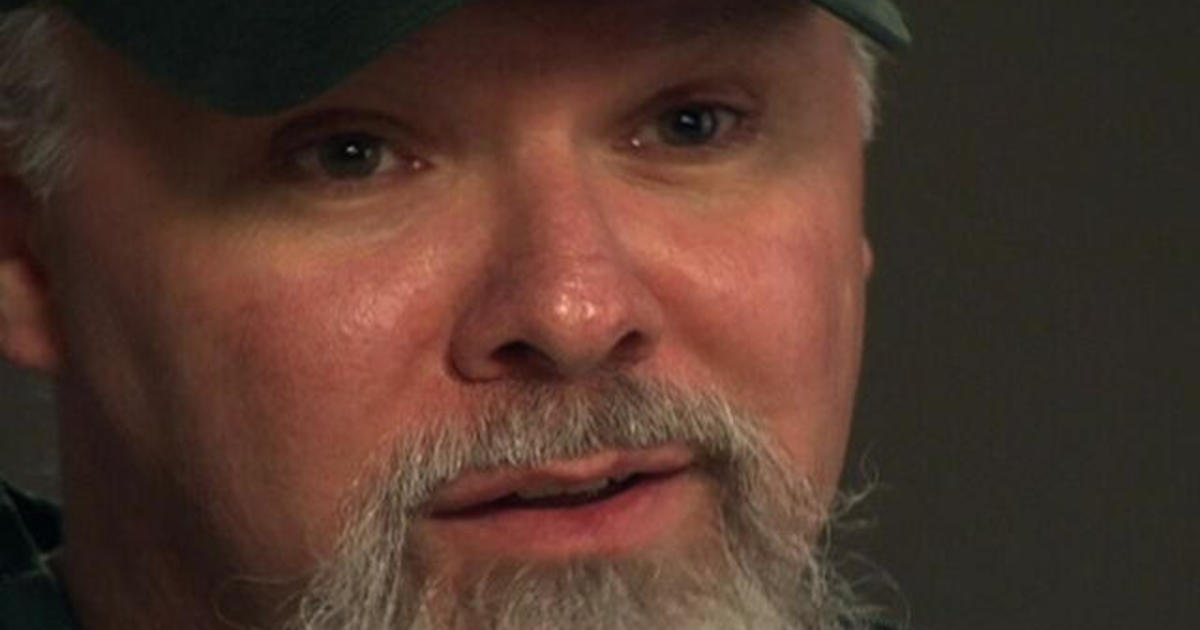
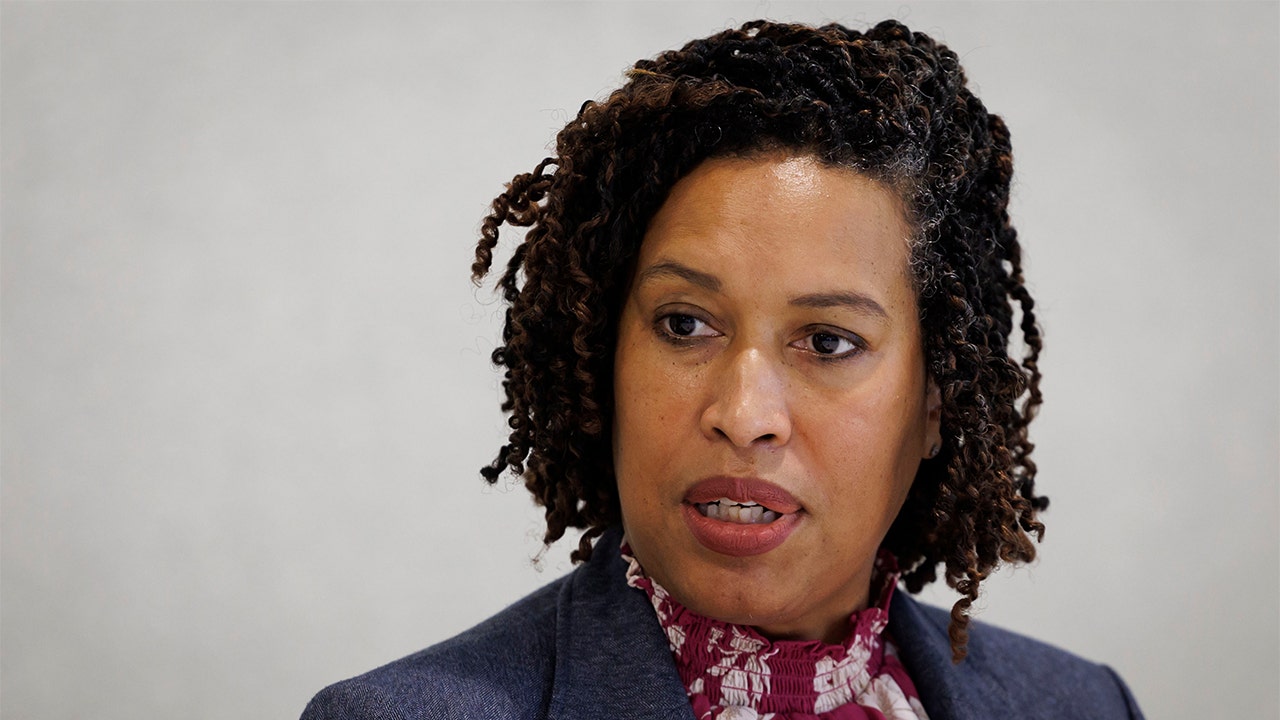
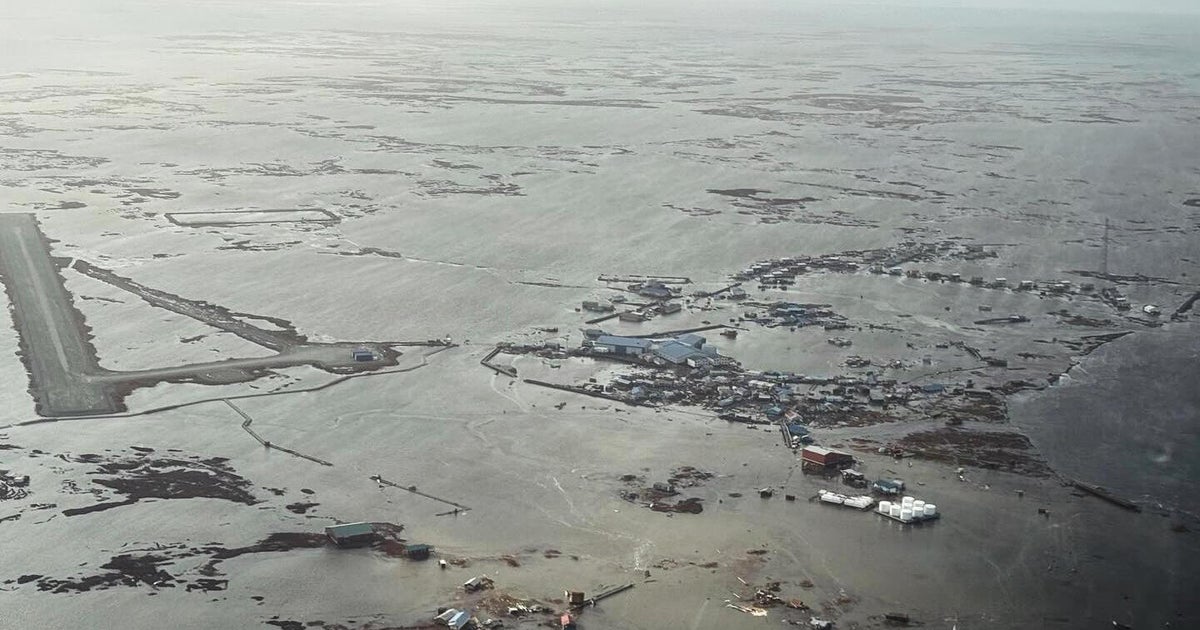
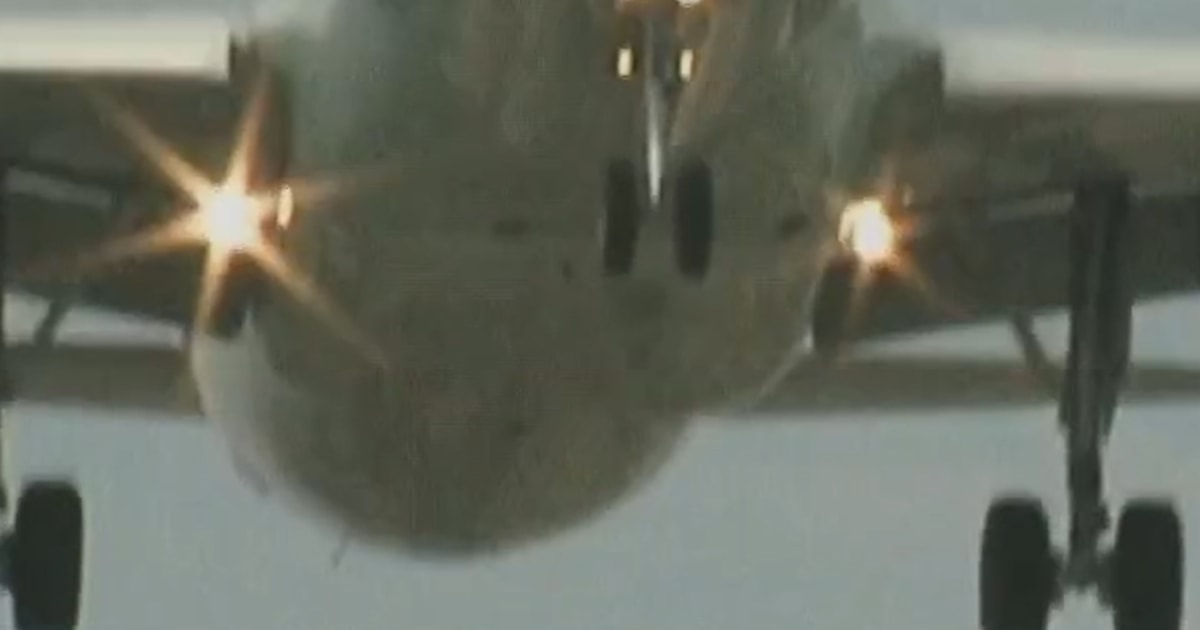

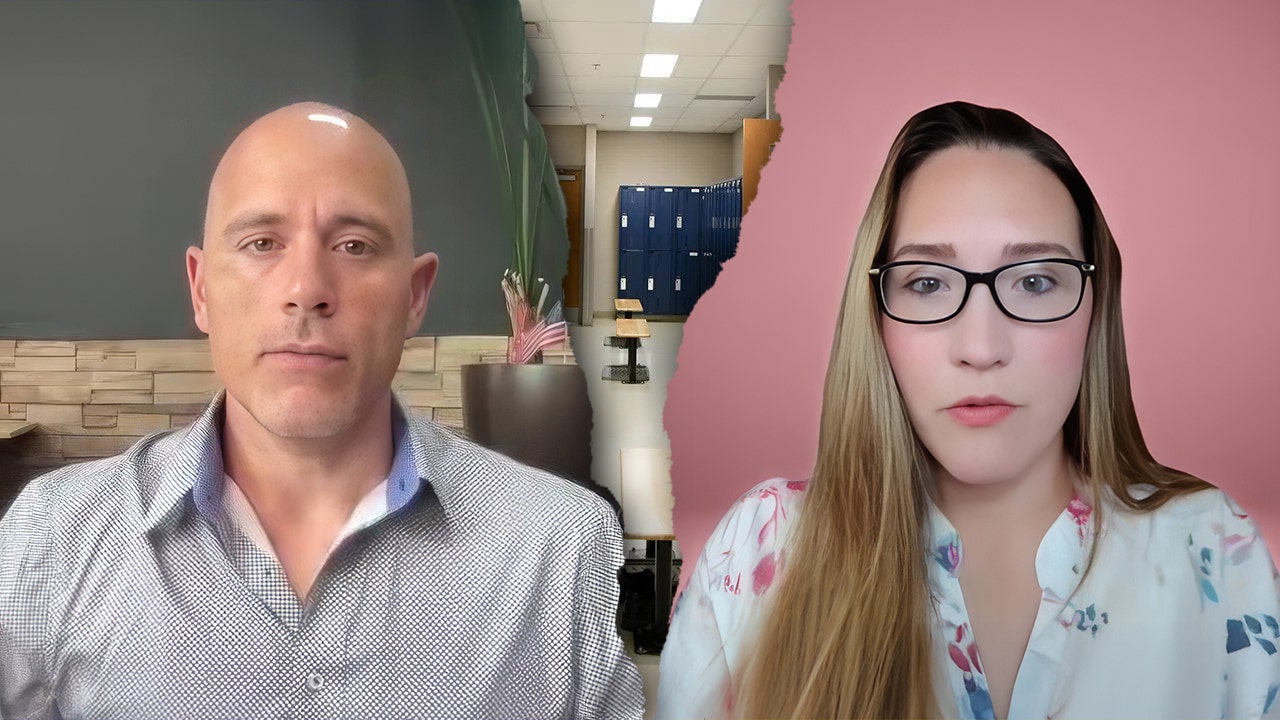
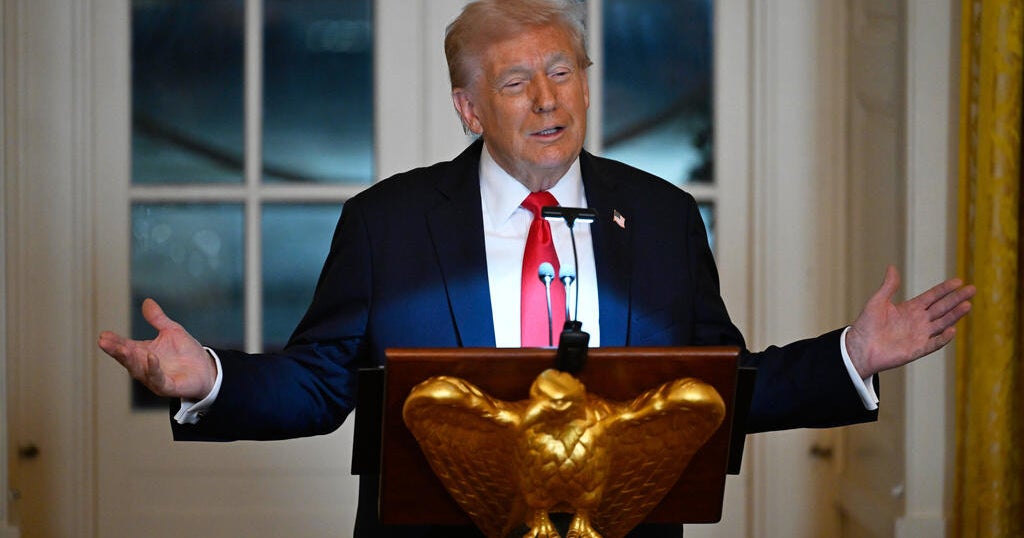
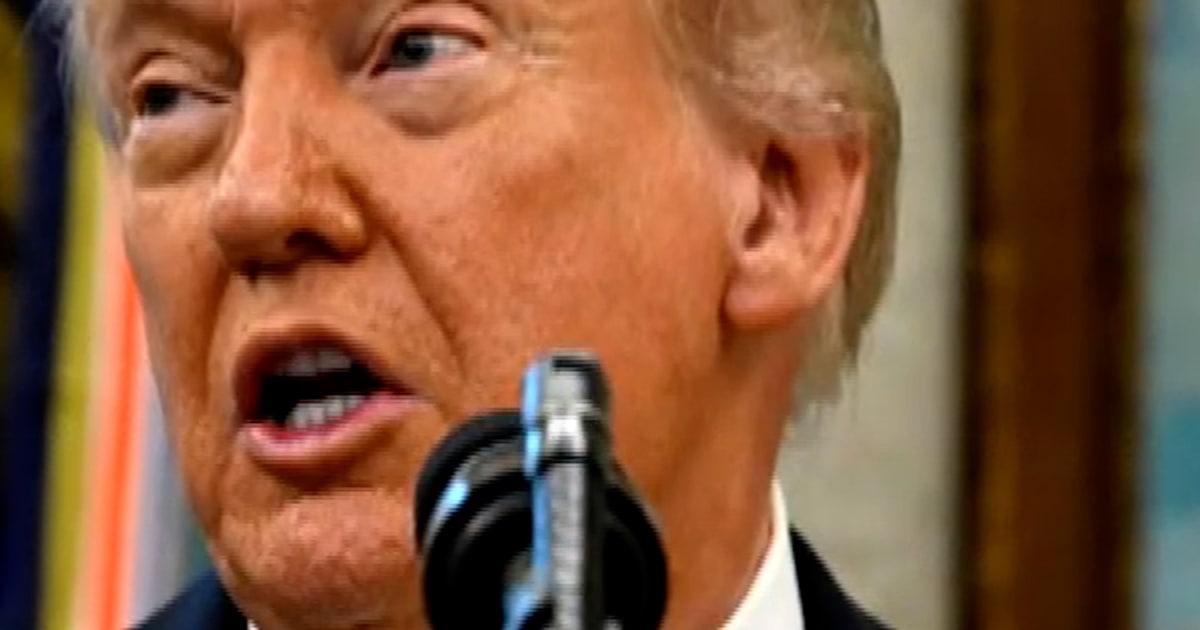

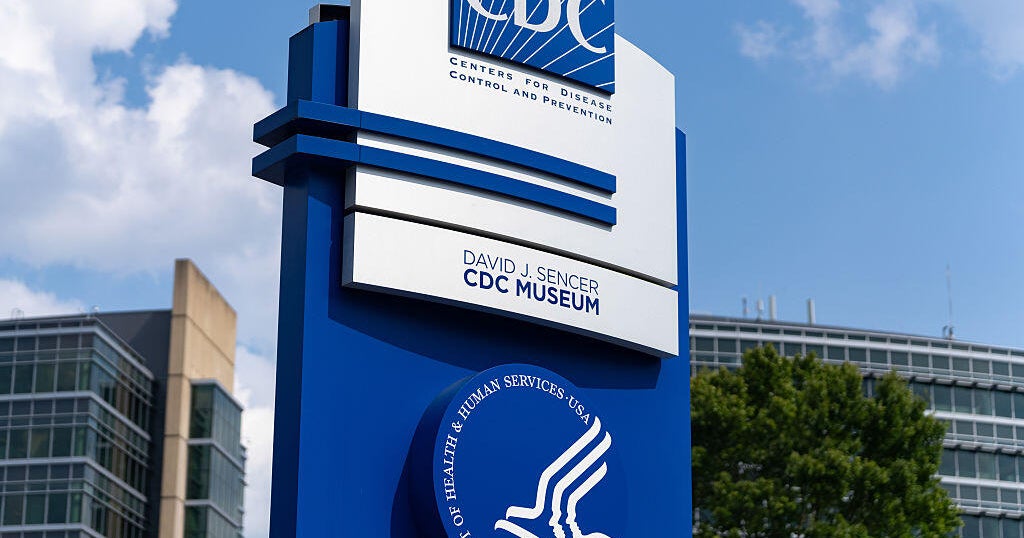





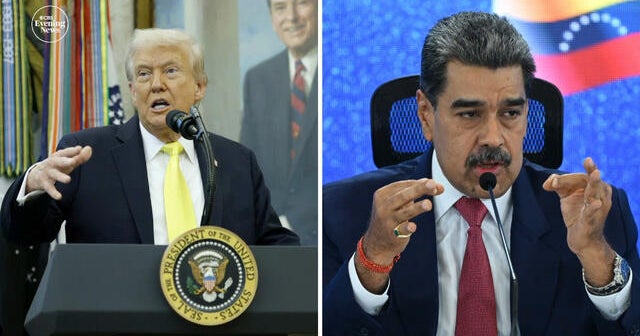
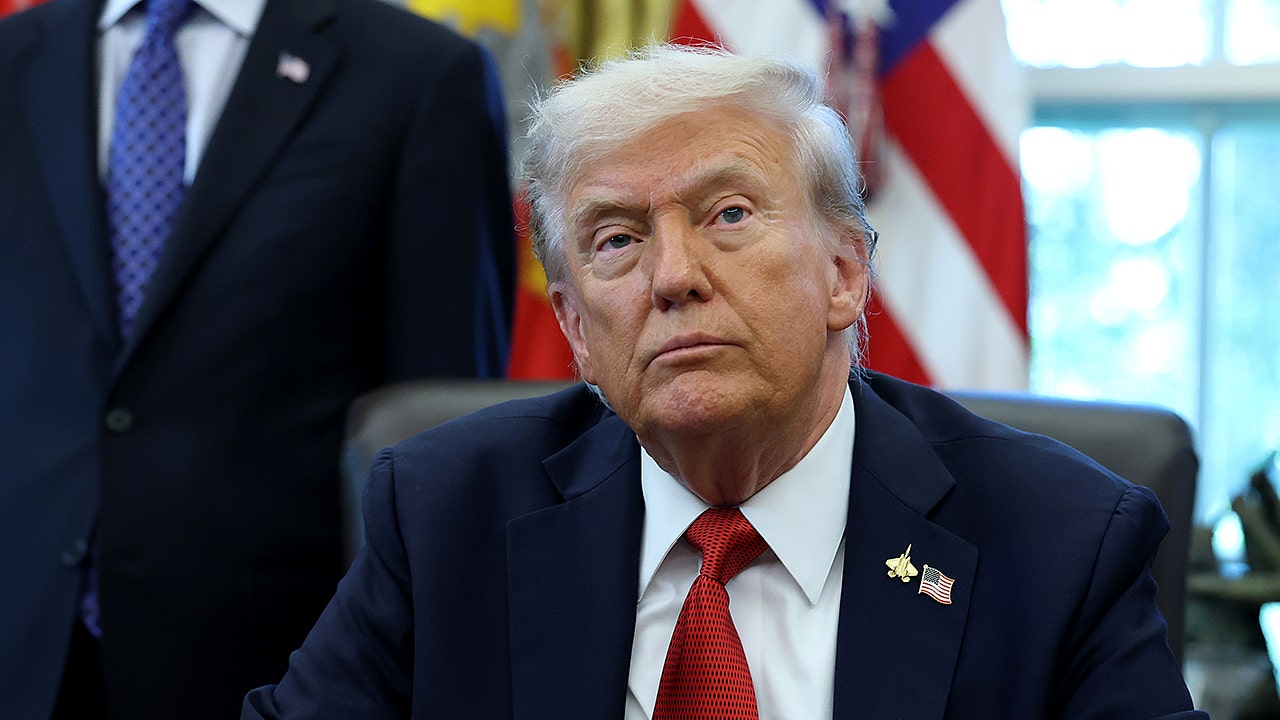
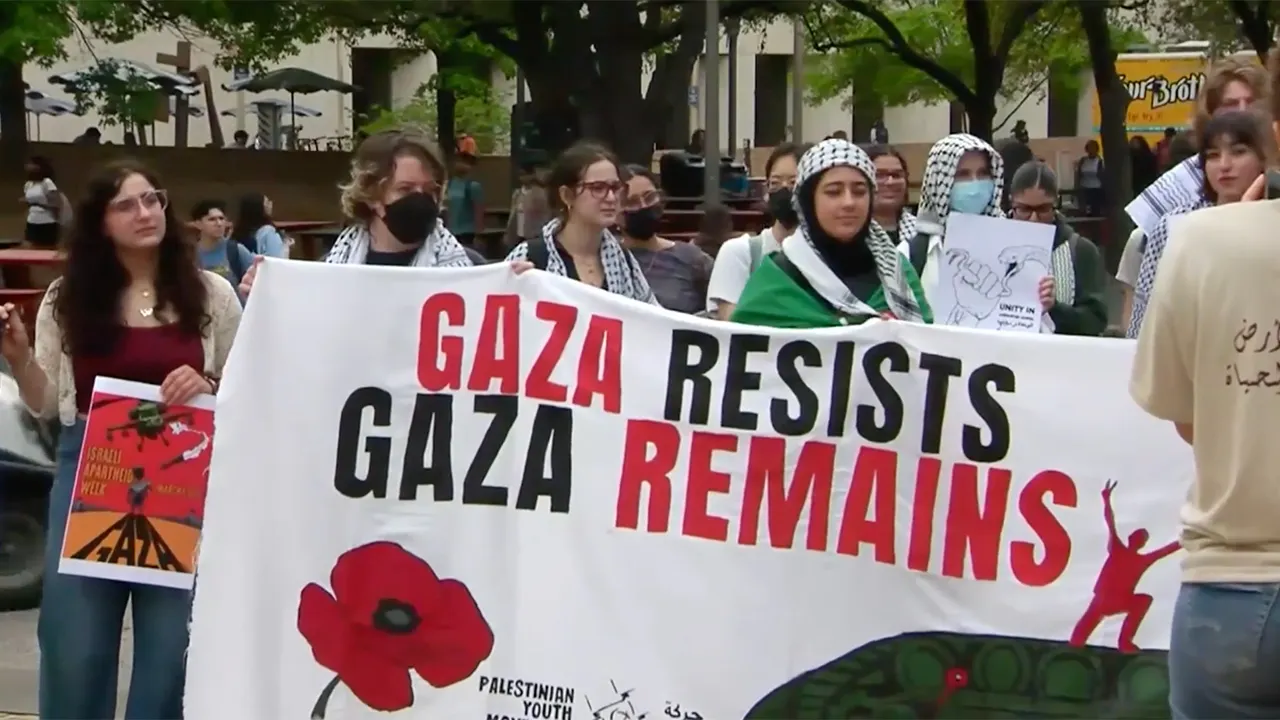




.jpeg)













 English (US) ·
English (US) ·